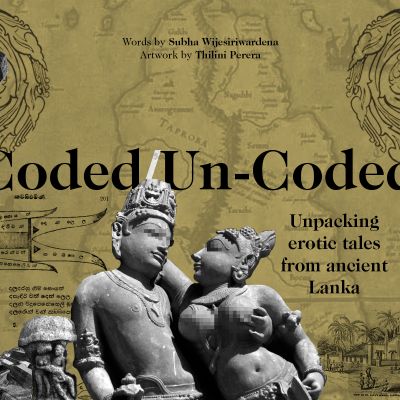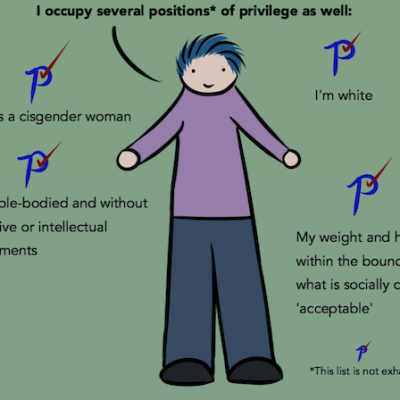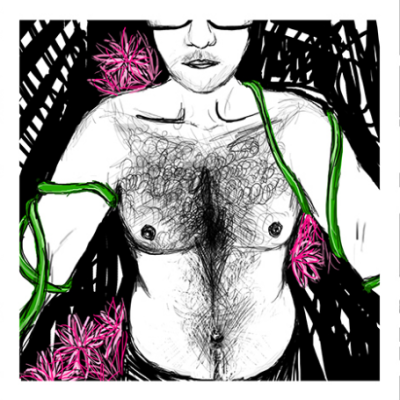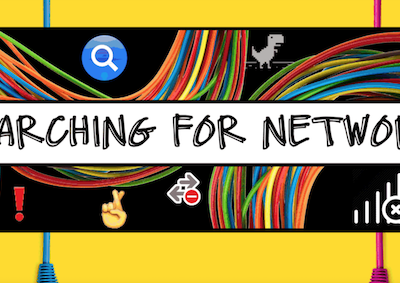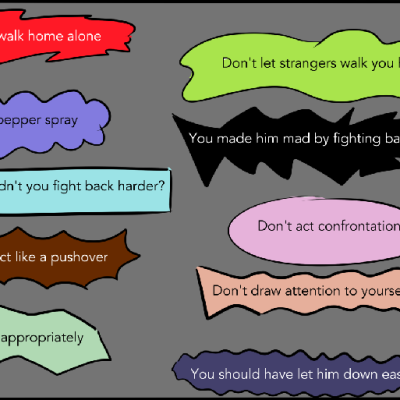Visual Corner
An Indian joint family shares spaces where lives and narratives overlap and privacy is stymied. Acts of intimacy, pleasure, and sexual exploration become difficult to pursue, and both privacy and sexual fulfillment become a much sought-after luxury.
From maintaining safety to the maintaining of boundaries, privacy plays a crucial role in informing our sexuality and preserving our sexual wellbeing
A smile could just be an innocuous communication, expressing politeness or warmth. But for a woman out in public, her smile is often misconstrued
Our sexuality is often in flux – being manoeuvred (sometimes in ways we cannot control) by the crashing waves of societal expectations, circumstances, and our own choices and experiences. But the world continues to uphold a fixed, rigid idea of sexuality, and continues to confine us within this idea, and therein lies the conflict.
As much as the dominant narrative sometimes wishes to tell us otherwise, erotica has been with us for a long time.
“Savita Bhabhi” – a seemingly innocuous name, but also one that is the subject of countless budding fantasies: she of the eponymous erotic comic strip.
Often, we take certain things for granted, forgetting that there are certain privileges and power dynamics which we benefit from even if we don’t realise it. Though, sometimes, there are other benefits that aren’t available to us, social or cultural factors that do hinder us in some ways, we may still have areas in which we’re more advantaged than others
What follows, in the short film Chutney, is a conversation – full of eerie, evocative storytelling – which not just sheds light on the class hierarchies in the middle to upper-middle class Indian household, but also the anxieties surrounding sexuality and sexual repression within it.
In Pixar’s short film Purl, a pink ball of yarn – a stand-in for anyone who’s ‘different’ – is faced with this dilemma in a workplace context (the analogy would work in other contexts as well).
“Every type of body is beautiful, and more importantly every type of body is different,” says artist Veer Mishra while describing Body, his series of illustrations. This ‘difference’ is the essence of what he tries to portray through his art.
Thus, you take to the Internet, with its vast landscape of possibilities, and it becomes your means of finding queer solidarity, queer friendships, and even queer love.
The Internet is as public a space as any other – fraught with its own set of complexities – and the stigmas and moral judgments that plague our immediate physical environment often permeate into it, whether subconsciously or not.
Sometimes, life may surprise us with a second chance, a second turn at making the right choice, and sometimes it may not.
First dates can be a source of both excitement and anxiety – the possibility of finding a connection someone new is endlessly exhilarating, but the uncertainty around what to expect can be unnerving
The process of connecting with another person, opening up to them, and getting close enough to build an intimate relationship is fraught with complexities and grey-areas, which often has a marked impact on how we interact with that person and how we choose to conduct ourselves around them.





